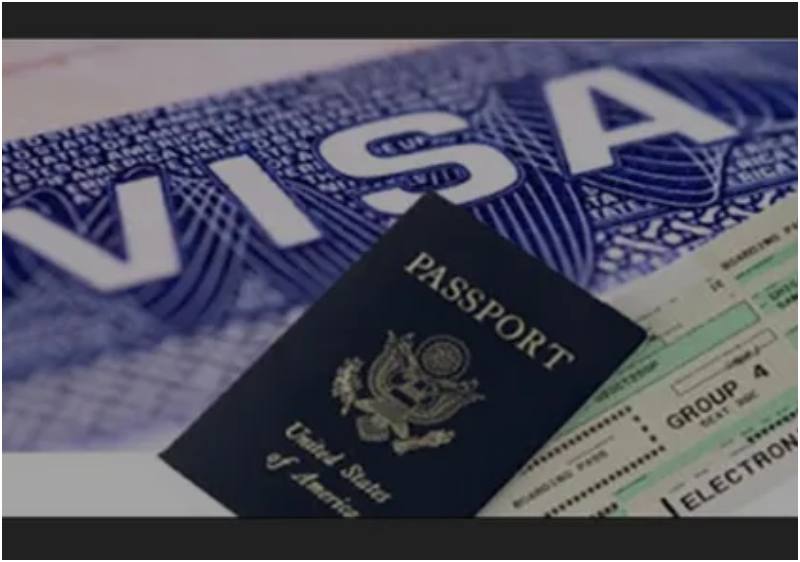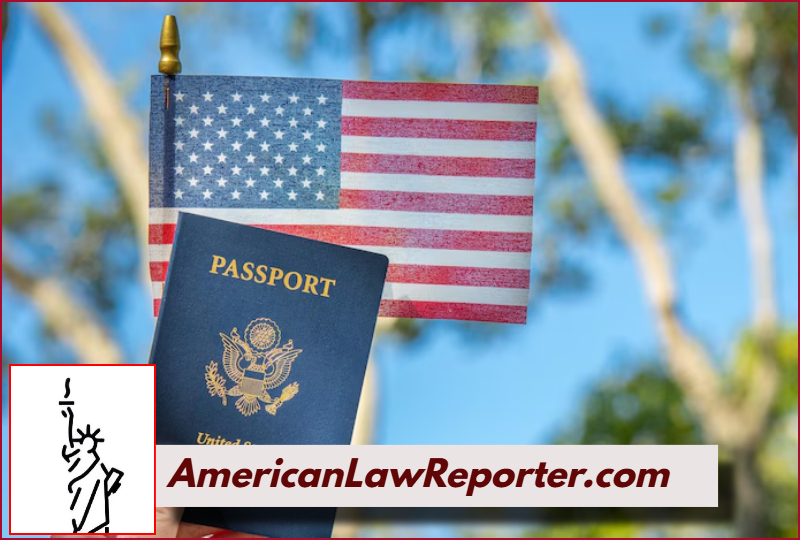The United States has dramatically reduced the duration and scope of non-immigrant visas for citizens of Ghana, Nigeria, Ethiopia, and Cameroon, igniting diplomatic tensions and raising legal questions around reciprocity and immigration fairness.
The U.S. Department of State confirmed that, effective immediately, nearly all non-diplomatic, non-immigrant visas issued to nationals of the four countries will be single-entry and valid for only three months — a steep cut from previous policies that allowed multiple entries over two to five years in many cases.
According to the Department, the changes are part of a “global reciprocity realignment” intended to match the visa treatment that U.S. citizens receive in those countries.
However, officials and legal experts from the affected nations are pushing back, calling the move disproportionate and diplomatically problematic.
African Governments Push Back

The Nigerian government has strongly objected to the new restrictions, arguing that it currently offers five-year multiple-entry visas to U.S. citizens.
Presidential spokesperson Bayo Onanuga labeled the U.S. justification of reciprocity as “inaccurate” and called for the policy to be reversed.
In Ghana, authorities noted they have already issued more than 28,500 multiple-entry visas to U.S. citizens in 2024 alone. A government statement expressed “firm solidarity” with affected Ghanaians and urged a prompt resolution.
Cameroon and Ethiopia have not yet issued official statements, though U.S. citizens are generally eligible for year-long or 90-day visas respectively in those countries, raising further questions about the validity of the U.S. reciprocity claim.
Broader Diplomatic Implications
Immigration attorney Godwin Oke told the BBC that the U.S. action may still align with international diplomatic norms, saying:
“This is a classic case of visa reciprocity under diplomatic practice. Countries often align their visa terms to reflect mutual treatment.”
However, others suggest the move is politically motivated, particularly in light of Nigeria’s increasing alignment with BRICS countries. Former Nigerian presidential aide Bashir Ahmad speculated that President Bola Tinubu’s recent BRICS engagement may have influenced the sudden shift.
Legal and Human Impact
The policy change threatens to impact thousands of African students, tourists, and business travelers, including Nigerians—who make up the largest number of African international students in the U.S. According to the 2024 Open Doors Report, student numbers from Nigeria rose 13.5% year-over-year, reinforcing concerns that visa limits could hurt educational and cultural exchange.
The new policy may also worsen public perceptions of U.S. immigration under President Donald Trump, who has reasserted hardline stances on foreign admissions. Many young Nigerians, caught in a wave of mass emigration known locally as “Japa”, may now find U.S. travel increasingly out of reach.
In March 2024, the U.S. Mission in Nigeria had already warned that overstaying a visa could result in a permanent ban and possible criminal charges. While no official statistics on visa overstays from these countries have been disclosed, U.S. authorities cited “security and compliance concerns” as factors in the policy change.
Legal Watch and What’s Next
Legal analysts are closely watching whether affected nations will retaliate with reciprocal restrictions, lodge diplomatic complaints, or challenge the policy via international platforms.
The U.S. Embassy in Abuja has denied claims of retribution, stating:
“This is not punishment, but a technical recalibration based on adherence to international benchmarks, including biometric security, data sharing, and document verification.”
Meanwhile, immigration and international law experts warn that the situation is likely to remain fluid. The State Department has said all visa policies are “subject to ongoing review”, leaving open the possibility of reversals or adjustments depending on diplomatic negotiations and compliance metrics.

